Insyriated: An interview with director Philippe Van Leeuw
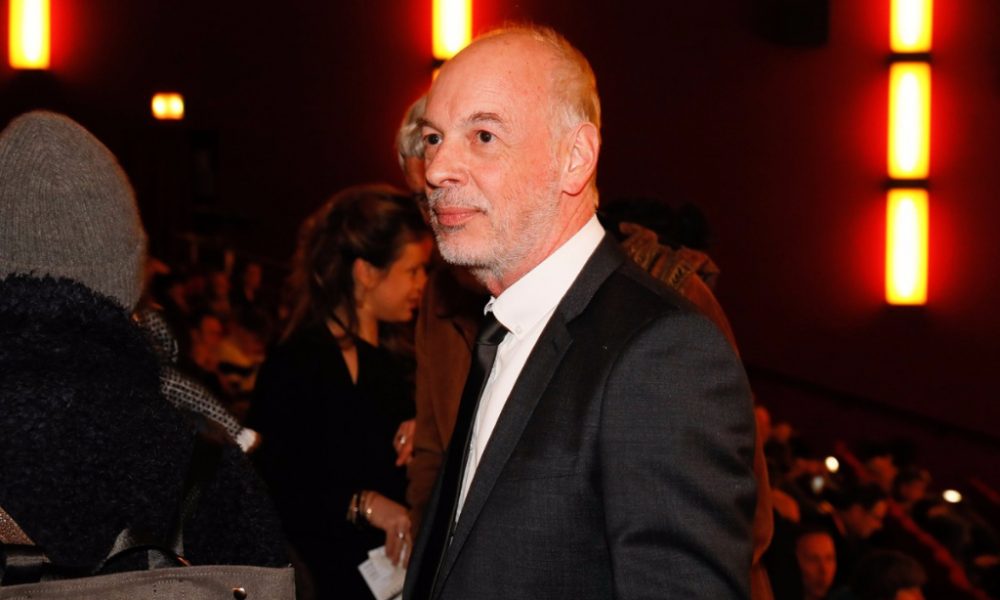
Philippe Van Leeuw is a Belgian director and screenwriter, previously known for his cinematography work. His first foray into directing and screenwriting was The Day God Walked Away (2009), a movie centred around the Rawandan genocide. We spoke with him on the eve of the release of Insyriated, his most recent project set in modern-day Damascus, about his sources of inspiration and the difficulties and rewards inherent in making art about real-world tragedies.
Hi, thanks for talking with us. What made you pick the violence in Syria as the subject for this project?
I think it’s not a question of choosing, I have more a feeling that I’m chosen – I mean, it’s a little pretentious to say this that way – I’m not being chosen, rather I’m being taken. Both times it was a question of being shocked, being confronted with what I was looking at on TV. For the first film [The Day God Walked Away], it took me ten years before I realised eventually that there was something I could do about it. I had been told an anecdote by some people who had been rescued, ex-patriots that were living in Kigali… They told me a story that I really kept in my heart [which then inspired the film]. The same thing happened in a different fashion when, in Spring 2011, on one hand, everything was done to get rid of Gaddafi in Libya, and, at the same time, we were turning our back on what was happening in Syria. I was really shocked by that but couldn’t do anything about it until, a year later, a friend of mine – a Syrian friend – told me that her father was trapped inside his apartment in Aleppo because of the fighting around the neighbourhood. And so, all of a sudden, that was a key that just opened it up and made it possible. Instead of having a lonely man in an apartment, I made it a family.
Would you say you have any specific goals in making these kinds of projects?
It’s a story that needs to be told. I think that both times the events seemed dismissed. Also, [Insyriated] was about ordinary people being confronted with those extreme situations and I wondered how they managed and was eager to explore that. I keep interrogating myself about this [eagerness] because it’s something that comes from far away. I mean I’m 60 – so I was a child in the post-war era – and even though I’ve never known war myself, it’s been something that [my grandparents and parents would make references to]. Maybe we start fantasising about this a little, we want to know how to relate to it because we don’t know it and we’ve been bred with it.
The film doesn’t seem to engage much with wider Syrian politics, it’s definitely a domestic scene. What inspired that encapsulation?
I didn’t want to be polemical in a sense. I wanted the film to be approachable by every side because this is about all of them, in my view, and all of us. Not taking sides was also a question of being relevant to [the characters’] point of perspective. They’re inside this apartment and, whether the bomb is coming from the left or the right, it just falls on their head anyway. What difference would it make if they were politically engaged? We see that the young husband of Halima is most probably engaged. It’s not explicitly exposed but we talked about that, [the actor] and myself. What’s for sure is that these people inside this apartment are liberals, even though they have a religion, so you can kind of foresee where they stand in a sense but then you don’t know if they’re for Bashar or not and that’s fine. And I’m not for Bashar, I’m definitely not for.
Did you have any concerns about telling this story when you’re not Syrian yourself?
Yeah, it’s awful because what I do is that I first write. As soon as my idea is clear, I write. And researching and looking for witnesses and testimonials is something that comes after. It’s essential for me to first lay something on paper because then that’s it, whereas if I was starting by researching, I find that reality is so much more complex and compelling and disastrous and I don’t think I’d be able to write anything after having had enough research. But then, of course, the authenticity and the reality of the situation is my utmost preoccupation; I want precisely to be truthful. That’s why most of the actors were Syrian and that’s why I had a Syrian interpreter, because I wanted someone who would pinpoint the language every time. I also wanted to have truthfulness in terms of set. We shot in Beirut, because there we had a cultural setting that respects the same kind of customs, habits and way of life that people have [in Syria], even though those two societies are quite different. What was relevant also about being in Beirut was that I was in a place where war had been raging for 20 years and so everyone around me – Lebanese or Syrian – had his or her own experience of this and they could share that in the making of the film.
Why was it important for you to cast Syrian refugees?
I wouldn’t have wanted to shoot the film without involving Syrian people, that was essential, again, for the authenticity and the reality of things. Syrians have a different accent when they speak, it’s not Palestinian, it’s not Lebanese and it’s not somewhere else, it’s Syrian. It’s just so stupid when you make a film and make this gross mistake that’s like a little detail but doesn’t belong and, all of a sudden, part of your audience just don’t relate to the film. That’s the one thing you never want to happen.
I know that some critics found the scene with the sexual assault in it contentious and there were some who thought that it was included for shock value. How would you respond to that criticism?
Well, I could have gone without it, I could have cut and [shown] her lying on the floor after that and everyone would have understood what had happened. However, I just felt that it was important to face it because it’s an act of war. I tried my best to do it as respectfully for women as possible, and I never wanted to do this to trigger fantasies or make something commercial. It’s exactly the opposite, I think, in terms of commerce, this is the real weak point of the film, this is the thing that will deter people eventually from coming to see it. Yet, at the same time, for most of the audience that came and that I’ve been welcoming after screenings, most of them were really grateful to have seen the film, because what it shows is something that enables them to relate to the situation of war in a way that they have not experienced before and that is, to them, important and truthful. I have no hesitation on the way we’ve done this.
How do you believe you would have acted if you were in Oum’s position?
Probably the way she does, because it came from me. I don’t know, you know, it’s difficult. We were trying to answer this question just this morning and [Hiam Abbass, who plays Oum] said that, “As long as you’ve not been faced with this, you just don’t know how you will react and what you will do”. [There] is the conflict between the instinct of survival and reason and I find that when you’re faced with emergencies like this and you have to decide something instantaneously for your own sake, it’s not your mind that functions, it’s your body.
The most interesting character for me was Dehlani, the family’s foreign maid. What inspired her creation?
I mean, those imported workers are very common in the region there and it was important to me that there would be this one character that wouldn’t belong to the situation, that wouldn’t have any part in it and that wouldn’t be able to even take sides. That gives her a different distance where she can remain maybe more conscious about what’s happening and about what should be done and what cannot be tolerated. I used to call her the Jiminy Cricket of Oum Yazan. She doesn’t speak much and she’s always kind of subdued, but then her eyes, her body language, she has that, she can resent.
What do you feel were your influences for this film?
What I had in mind was David Fincher and Panic Room. But then I didn’t want any of his special effects. I wanted things to be very rudimentary; I wanted the camera to be handheld, I wanted to be with them all the time and so all this technology that’s being organised and used in Fincher films is not my trade. It’s something I don’t care for and I don’t relate to either [because], all of a sudden, you’re in a show, and I want it be real.
If you had the opportunity to make the entire film again, is there anything you would change about it?
I think that we didn’t have quite enough money or quite enough time for shooting – we had 25 days plus one day of reduced crew. A little bit more money would have been nice so we would have been able to get paid more reasonably. But then, at the same time, I really believe – and it’s a strong belief – that every project brings the financing that is within the personality of the film and that it’s part of the film. And so Insyriated being a little poor makes it so that you have to fight for certain things and you also have to be imaginative – you have to keep inventing to reach where you want the film to be, and that’s good, that’s important. I find that from what I can see, [films with large budgets sometimes] play with it and play bad. They end up self-sufficient and pretentious. Even when I was director of photography, most of the films I made were those that were financially poor, and we made it every time and the films are great.
What was most challenging about realising this film from a technical standpoint?
Technically, there were some difficulties, mostly for image and sound. Beirut is a very noisy city, plus we have a baby, [which] needs to cry and needs to be fed, so the first work of sound design was actually to clean out all those things. A city at war is to me very silent, there is no human activity – you hear the bombings and the shootings but you don’t hear anything else. For image, it was complicated also because we found this beautiful apartment that was really exactly the one I wanted but then it was on the fifth floor of the building so in terms of lights it was a little bit complicated. Other than that, things were pretty smooth, it was beautiful shooting. Everyone was together, there was a togetherness in this.
What have you thought of the reception of the movie?
It was moving. When we were in Berlin and we received this audience award, I realised that there was an awareness in Germany about [the situation in Syria] because they accepted so many of them. 800,000 [refugees] were accepted in Germany, which we cannot say about France or some other countries, and so there must have been questioning about that because it was mostly Angela Merkel deciding. And so, what moved me was that the people that came to see the film were talking about the way it was giving them a real opening on how to understand why these people had been coming in such numbers.
Do you have anything else you want to add?
I didn’t talk about the charisma of the actresses, these women, whom I find absolutely admirable (and all the other actors too). We live the film through them. I think that you can pull a film like this together and the audience can really relate to it because of that, because of this charisma, because of what they perform. And it’s not any more performance, it’s something that looks completely live and it looks genuine. It was done all together between [Hiam Abbass] and myself very spontaneously, not so many words, not so many directions, not so many comments. We had a very thorough and intimate understanding of what we were doing. Thanks to them this film is being launched to where it should be, because they are just pulling it.
Thank you so much for your time.
Vicky Munro
Photo: Berlinale
Insyriated is released nationwide on 8th September 2017. Read our review of Insyriated here.
Watch the trailer for Insyriated here:

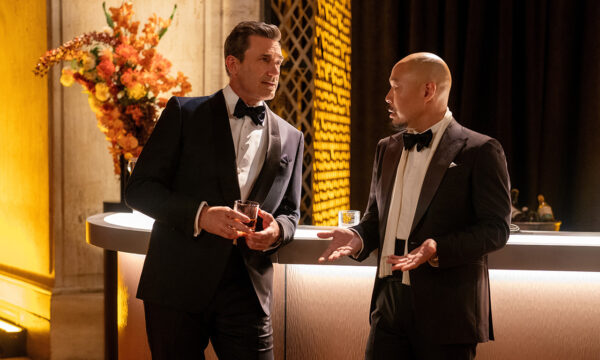
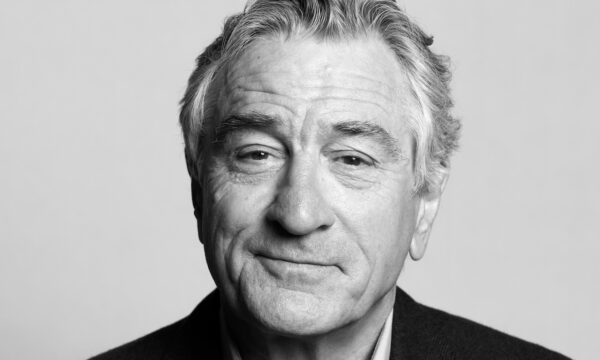
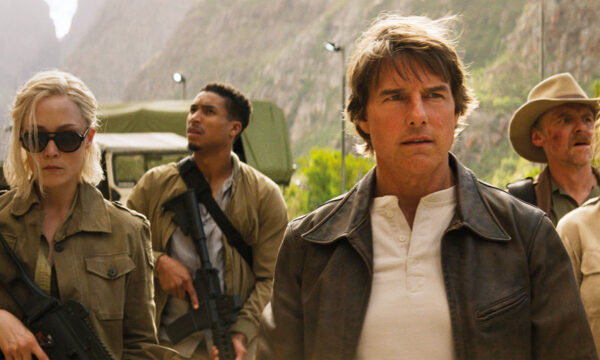
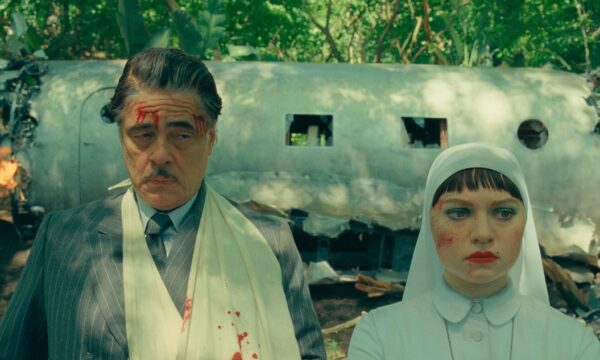
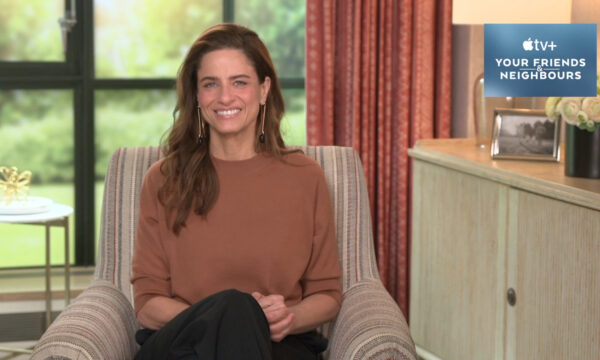
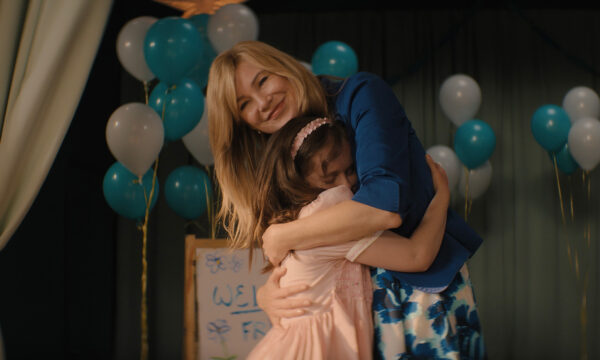
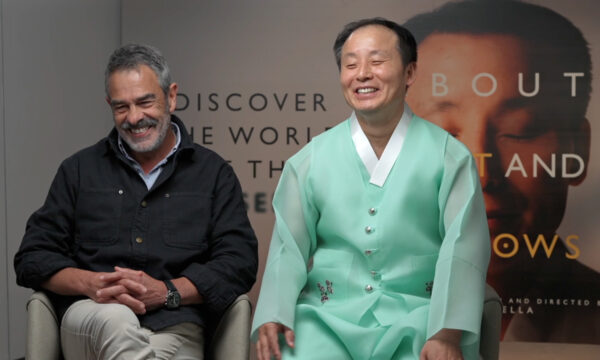
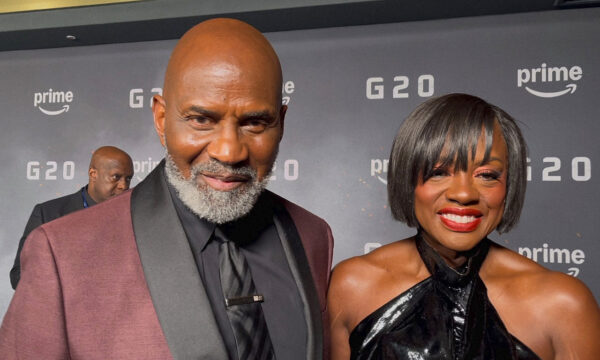
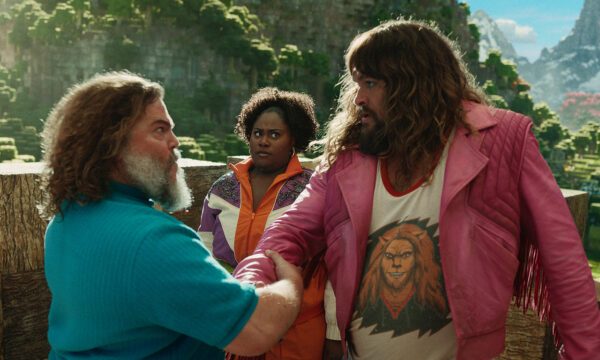










Facebook
Twitter
Instagram
YouTube
RSS